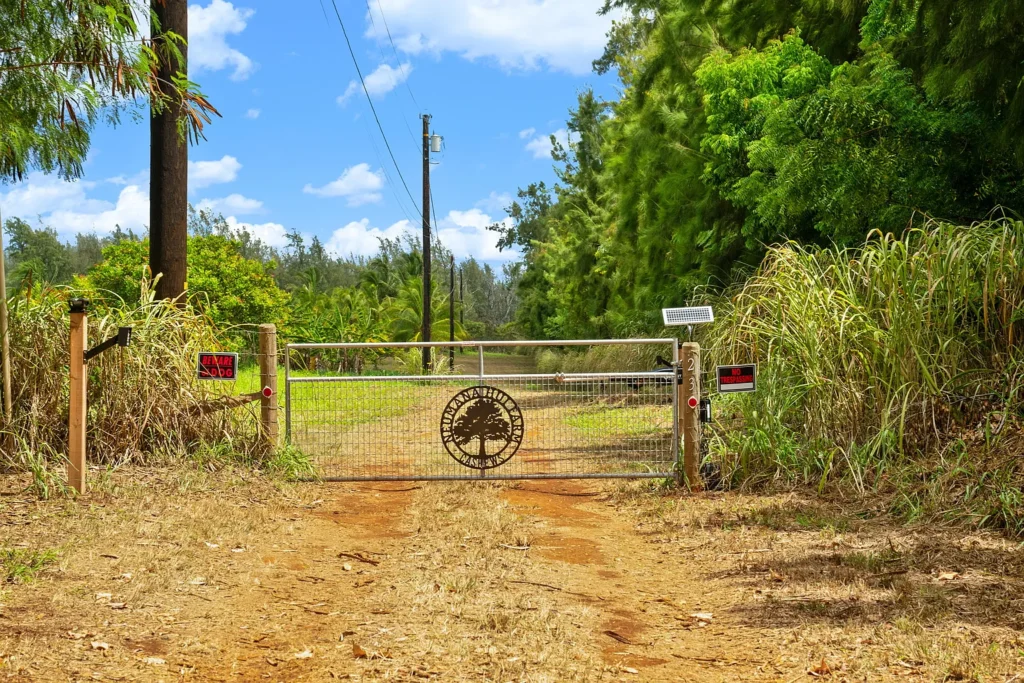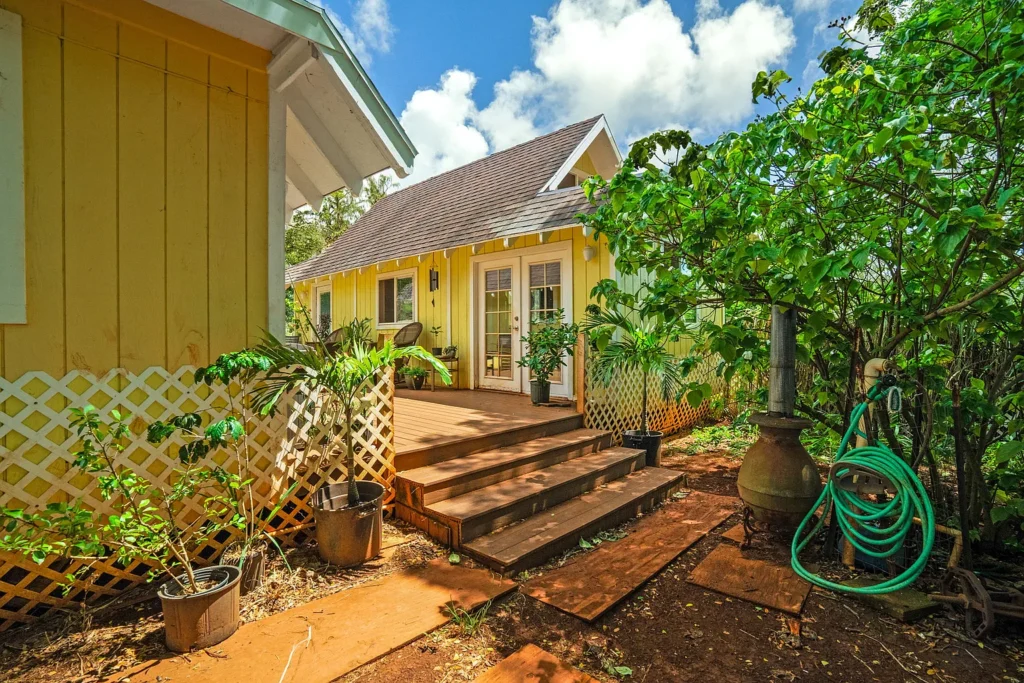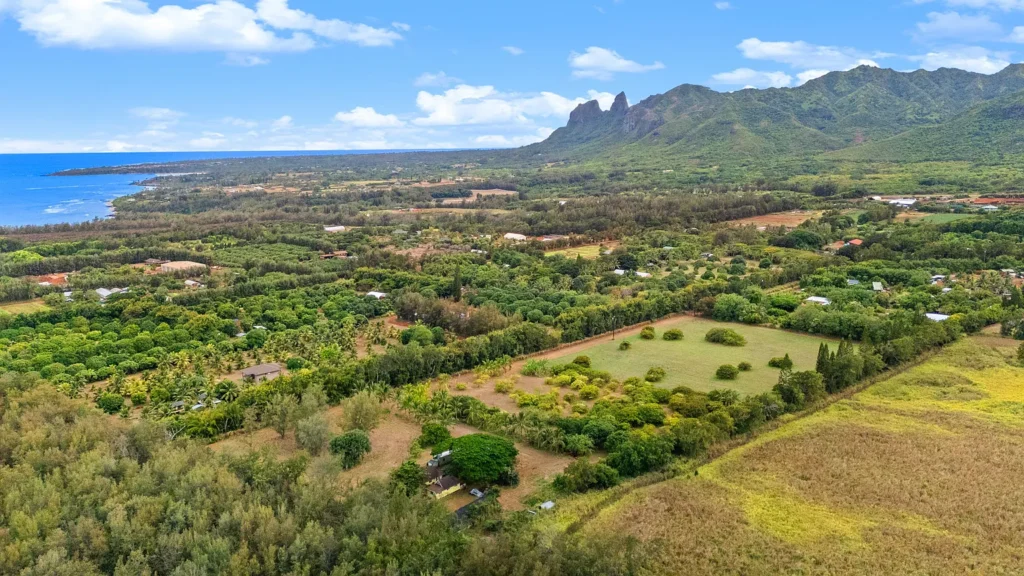-Welcome to Kama’āina Corporation – A space for all people of the land-

Why and what are we here for? First off, what role in the environment do we play? Taking a moment to zoom out, think of the ecology and integration of a person, any person, an everyday person in our community. Some might live in cities, and some in suburban neighborhoods, others in rural roads, or even an off-grid cabin in the woods. In an apartment or on a farm, what part of our ecosystem do we play? Do we have a choice of how we get to integrate in this complex and interdependent system we call earth? Maybe not. We may have been born into our area, never to see change. Sometimes in rural areas people are accustomed to gathering their own daily consumables. Collecting our own supplies, even when infrastructure and modern shipping brings these essentials to us. The same functions will always be executed with different fundamentals (e.g., organic vs conventional farm practices) and these choices cause effects seen by the entire system. Inner city food deserts shouldn’t be a limiting factor to access fresh organic nutrition. Also high prices to wholesome healthy food shouldn’t exclude those who can’t afford. In fact, we believe in creating more production of small batch food products and boutique health foods that are fresh to consumers. Providing education and complete transparency behind the products will allow consumers understanding behind the products they are purchasing and supporting. Maybe quality will become a new normal metric? Do we understand fully the quality and quantity within our own food pantry? Look at the boxes and cans, often shipped from facilities we have never seen the inside of; do you understand all the ingredients on the labels? This project looks towards creating a transparent system so consumers can feel prideful in knowing the creation cycle of the product. Building pride in purchasing a food product is like adding fuel to the passions of the farmers. More organic farm production and education brings long-term benefits into the community. As production grows, prices will begin to go down. If organic production has seen a growing demand (and it seems to be building), I predict it will give small farms opportunities to become profitable again. Organic involves more hands-on labor and fosters a closer connection of humans in an area, to each other and the land. Organic also means less of the massive mono-crop, where the farm worker per acre ratio is leveraged by power tools, modern fertilizer and pesticides. Conventional farms have yet to show systemic ecological benefit when considering its effects. What’s the big deal? If small quality production could produce healthier foods and maintain healthier communities over the years, then why don’t we switch back? I am not sure about everyone, but for me and most of my peers, access to the land needed for food production is scarce. It’s tricky to find land, and even more tricky to maintain it. Plus, we need to acknowledge all the complex and essential relationships to keep the entire thing going.
I believe Kama’āina, people of the land, should have access to the land, and the things the land produces. We always need more opportunities to gain knowledge and learn how to produce our own resources. Especially the ones we need while living on this earth. We must teach, so the next generation can teach it again. Too often I meet people at my work who see an every day food item they’ve consumed before, yet they don’t know what’s processed into the product, or even what the plant or animal looks like. It’s so important to draw a connection to our own food–the atoms of life we draw into our bodies and pray to for our health, for life, for the time we hope to spend on this planet. We are blessed to have a function that contributes to the cycle, our ‘waste’ becoming the next in the cycles bounty; could be a mycelium of some sort that helps digest and turn this matter into a blade of grass, or fruit from a tree, a never ending cycle the universe designed us to participate in. This design seems to be perfect on its own. Aboriginals connected with this cycle on earth. It is interesting how modern abundance has led us away from independence but towards reliance onto whomever or whatever has taken on the burden of production.

Check out our first fund drive to purchase land that will function as an organic farm that will be home for workers and provide education opportunities. This fundraiser was recently launched to connect people to the project. The first opportunity to donate and support this cause can be found at this Go Fund Me (copy of link here: https://www.gofundme.com/f/support-handson-learning-in-organic-farming )
If you are interested in becoming a shareholder and investing, please reach out to our email directly, info@kamaainatoken.com
It’s about investing in the way we interact in the world, not submitting to only monetary profits as a marker as investable or successful. This project will redefine how the world digests what’s behind profit, hidden costs and opportunity costs by looking at the entire ecology in an environmental and economical system that coexist. I believe this project will bring harmony to nature, humanity’s role in the ecosystem, while remaining engaged in our human-created concept of the ‘economy’. This project is about building a space for these two concepts to coexist, economic interests along with the health within the natural environment; so humanity can thrive for infinite generations.
Thank you for your time,
-Max Nalu Hart – Founder and first CEO of Kama’āina INC.

Leave a Reply